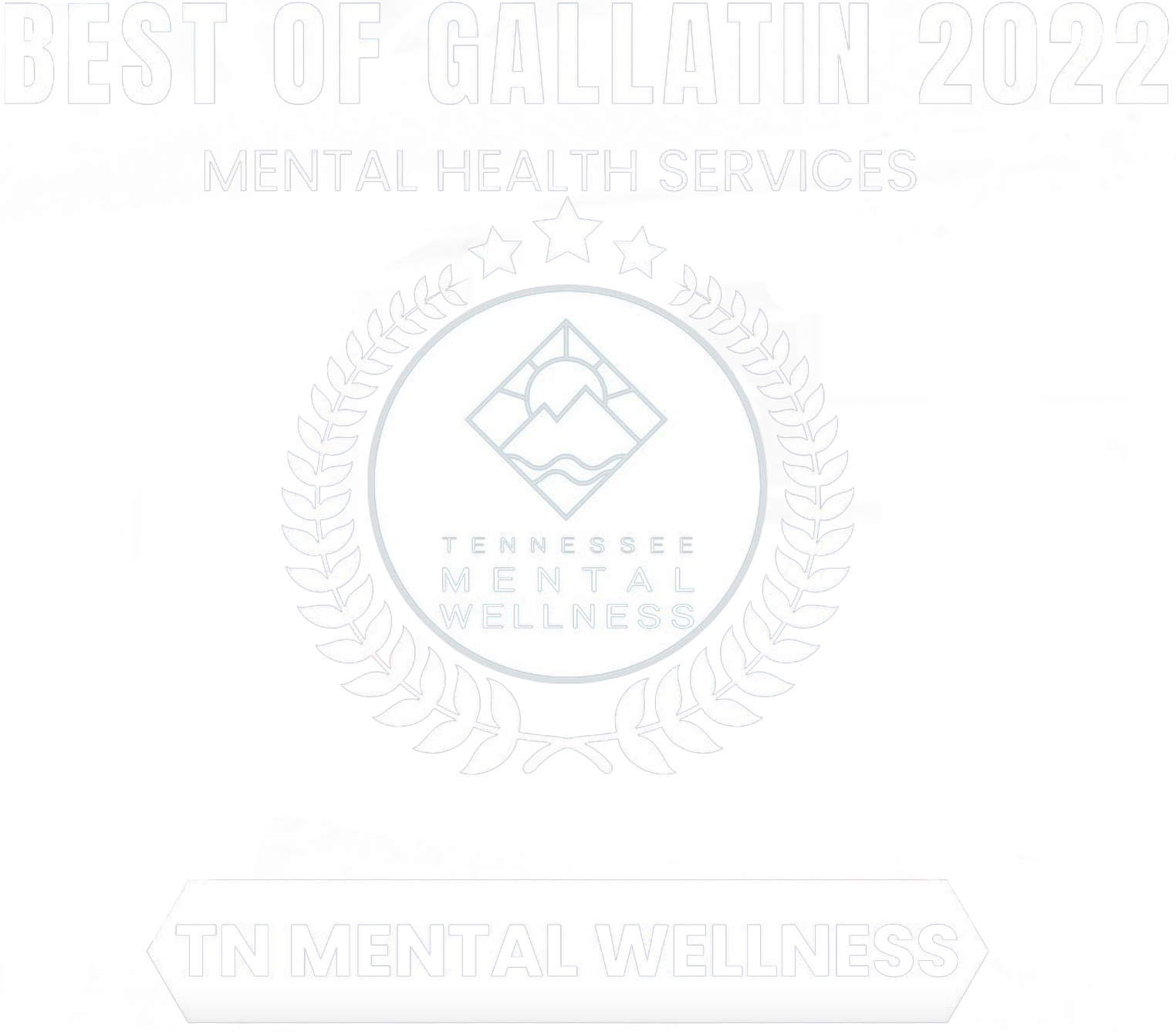How Perfectionism Impacts Teen Mental Health During Back-to-School

Back-to-School Pressure: Why It Hits Hard
As the school year begins, so does the pressure—grades, friend groups, extracurriculars, and college prep. For many teens, this season brings a perfect storm of academic expectations, social comparison, and internalized pressure to measure up.
Perfectionism might look like ambition on the outside. But inside, it often feels like chronic self-doubt, fear of failure, and never quite being enough. During back-to-school transitions, these feelings tend to intensify.
How Perfectionism Shows Up in Teens
1. The Straight-A Standard
Some teens feel they must be exceptional on every paper and every test. Even one B can trigger shame or anxiety. This all-or-nothing thinking turns learning into a constant source of stress.
2. Comparison Culture
At school and on social media, teens measure themselves against classmates and curated online lives. Whether it’s popularity, outfits, or SAT scores, the fear of not measuring up can intensify perfectionistic thinking.
3. Avoidance & Burnout
Ironically, some perfectionists procrastinate. Not out of laziness, but because the fear of doing something imperfectly is paralyzing. Others keep pushing through until they burn out emotionally or physically.
Emotional Consequences of Back-to-School Perfectionism
Perfectionism during this time of year can contribute to:
- Increased anxiety or panic attacks
- Low self-worth despite accomplishments
- Exhaustion or emotional numbness
- Social withdrawal or hiding feelings from friends/family
- Fear of disappointing parents or teachers
Signs a Teen Might Be Struggling
You don’t have to wait for a crisis to offer support. Look for:
- Constant self-criticism (“I’m so stupid,” “I’ll never be good enough”)
- Obsessing over grades, performance, or appearance
- Avoiding tasks they used to enjoy
- Irritability or shutting down emotionally
- Hesitation to ask for help, even when overwhelmed
What Parents & Caregivers Can Do
You don’t have to “fix” it, but you can hold space and guide teens toward healthier ways of thinking:
- Praise effort, not perfection: Reinforce trying, not just winning
- Normalize mistakes: Talk about your own learning moments or failures
- Validate their feelings: “That sounds like a lot of pressure” goes a long way
- Encourage rest: Help them see that breaks and downtime aren’t laziness. They’re part of wellness
- Model self-compassion: Let them see you being kind to yourself too.
When Therapy Can Help
If perfectionism is getting in the way of daily life, therapy can provide a safe space to explore the pressure beneath the surface.
At TN Mental Wellness, we support teens with tools to:
- Reframe their thinking around school and performance
- Build emotional regulation skills
- Learn how to set realistic expectations
- Practice self-acceptance, especially during high-pressure seasons
Finding Balance, Not Perfection
This back-to-school season, the goal isn’t to be perfect. It’s to feel supported, steady, and understood. Therapy can help teens learn that they’re more than their grades, more than their image, and always worthy of care.










LEAVE A COMMENT